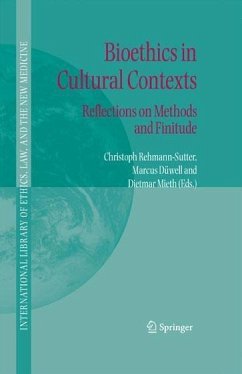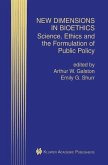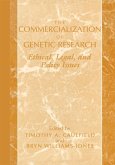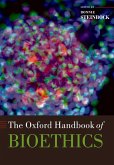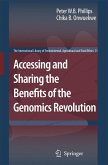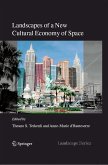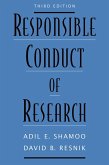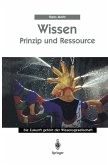CHRISTOPH REHMANN-SUTTER, MARCUS DÜWELL, DIETMAR MIETH When we placed "finitude", "limits of human existence" as a motto over a round of discussion on biomedicine and bioethics (which led to this collection of essays) we did not know how far this would lead us into methodological quandaries. However, we felt intuitively that an interdisciplinary approach including social and cultural sciences would have an advantage over a solely disciplinary (philosophical or theological) analysis. Bioethics, if it is to have adequate discriminatory power, should include sensitivity to the cultural contexts of biomedicine, and also to the cultural contexts of bioethics itself. Context awareness, of course, is not foreign to philosophical or theological bioethics, for the simple reason that the issues tackled in the debates (as in other fields of ethics) could not be adequately understood outside their contexts. Moral issues are always accompanied by contexts. When we try to unpack them - which is necessary to make them accessible to ethical discussion - we are regularly confronted with the fact that in removing too much of the context we do not clarify an issue, but make it less comprehensible. The context - at least some essential parts of it - is intrinsic to the issue. Unpacking in ethics is therefore a different procedure. It does not mean peeling the context off, but rather identifying which contextual elements are essential for an understanding of the key moral aspects of the issue, and explaining how they establish its particular character.
Dieser Download kann aus rechtlichen Gründen nur mit Rechnungsadresse in A, B, BG, CY, CZ, D, DK, EW, E, FIN, F, GR, HR, H, IRL, I, LT, L, LR, M, NL, PL, P, R, S, SLO, SK ausgeliefert werden.

